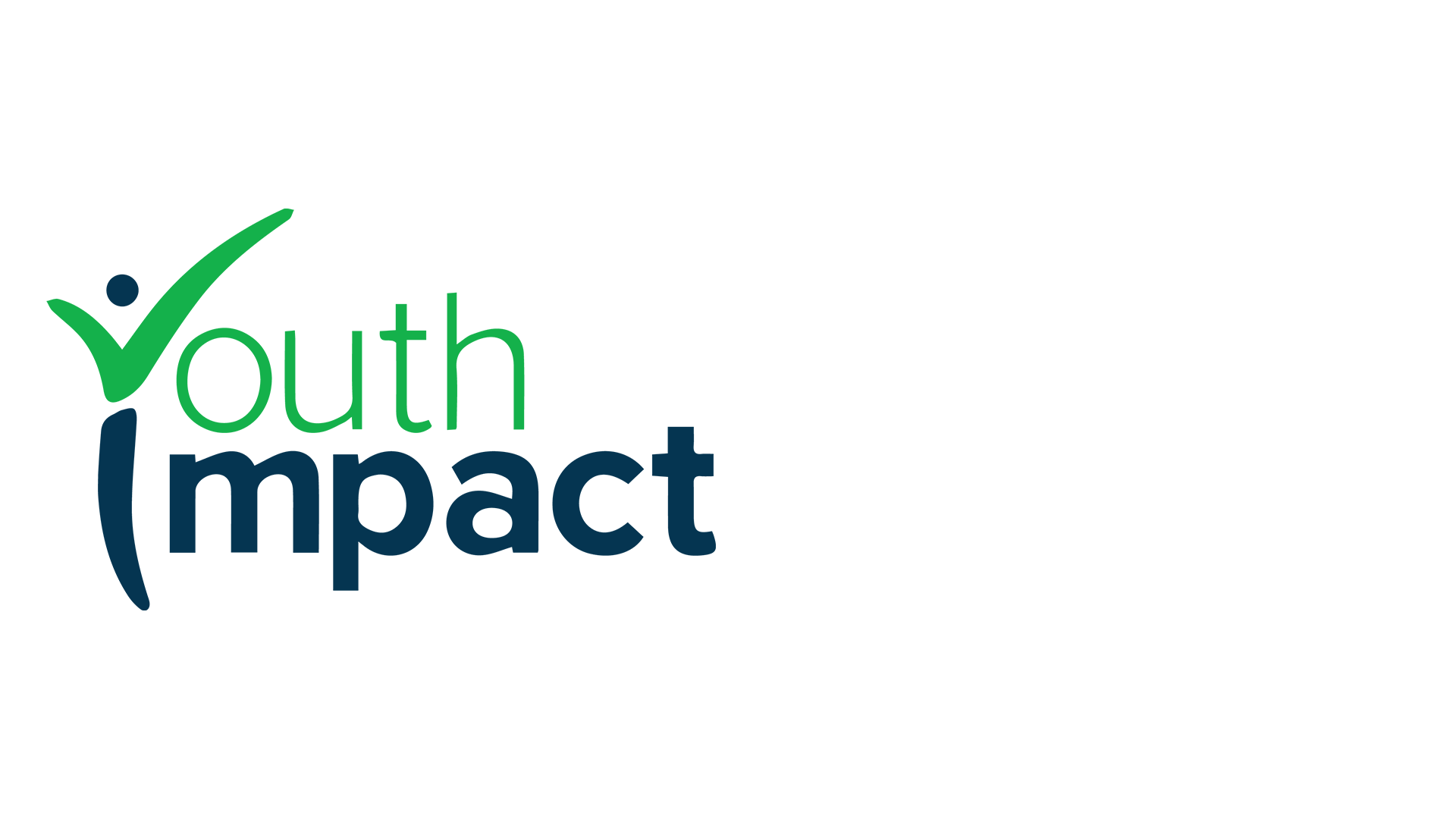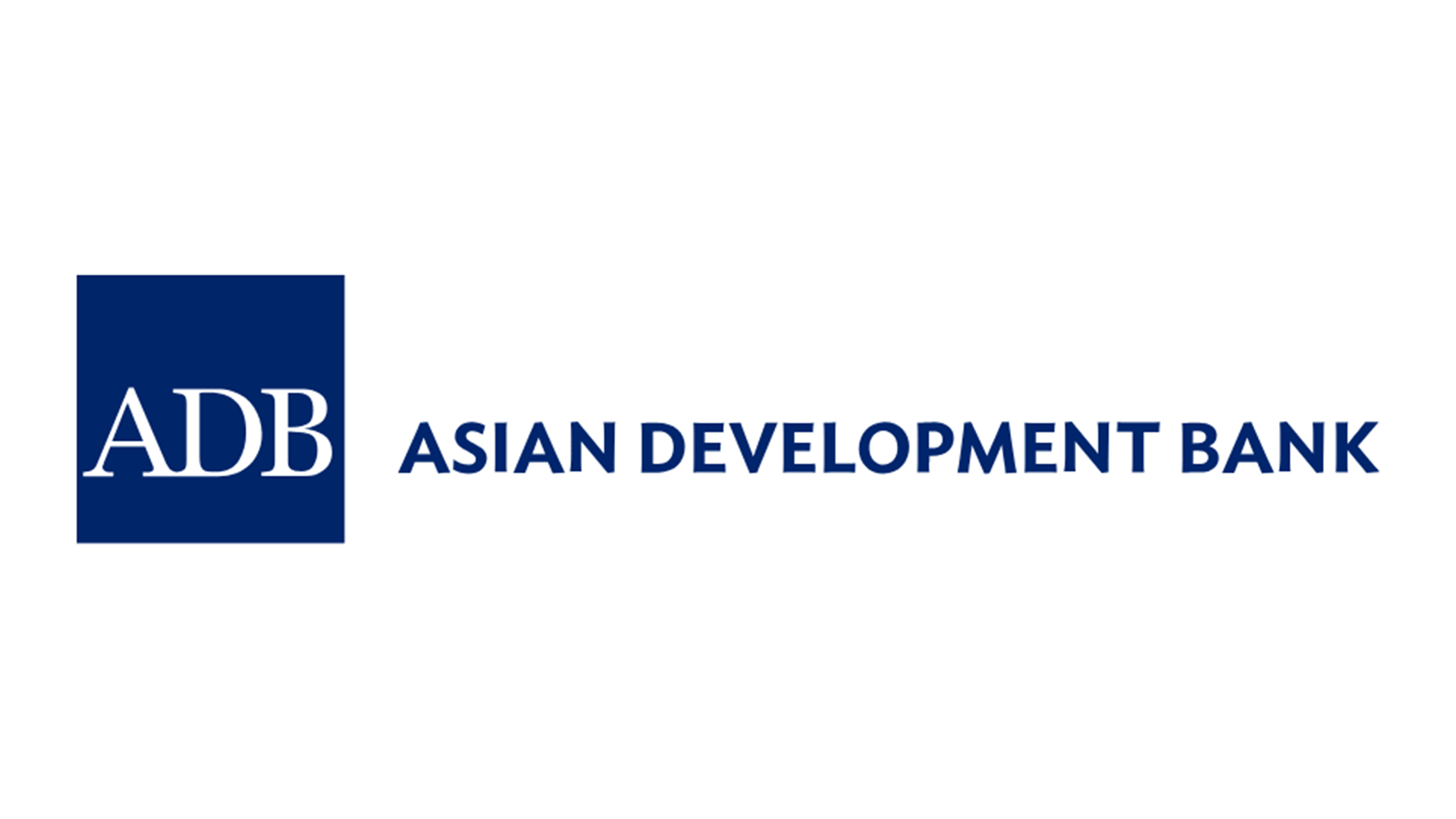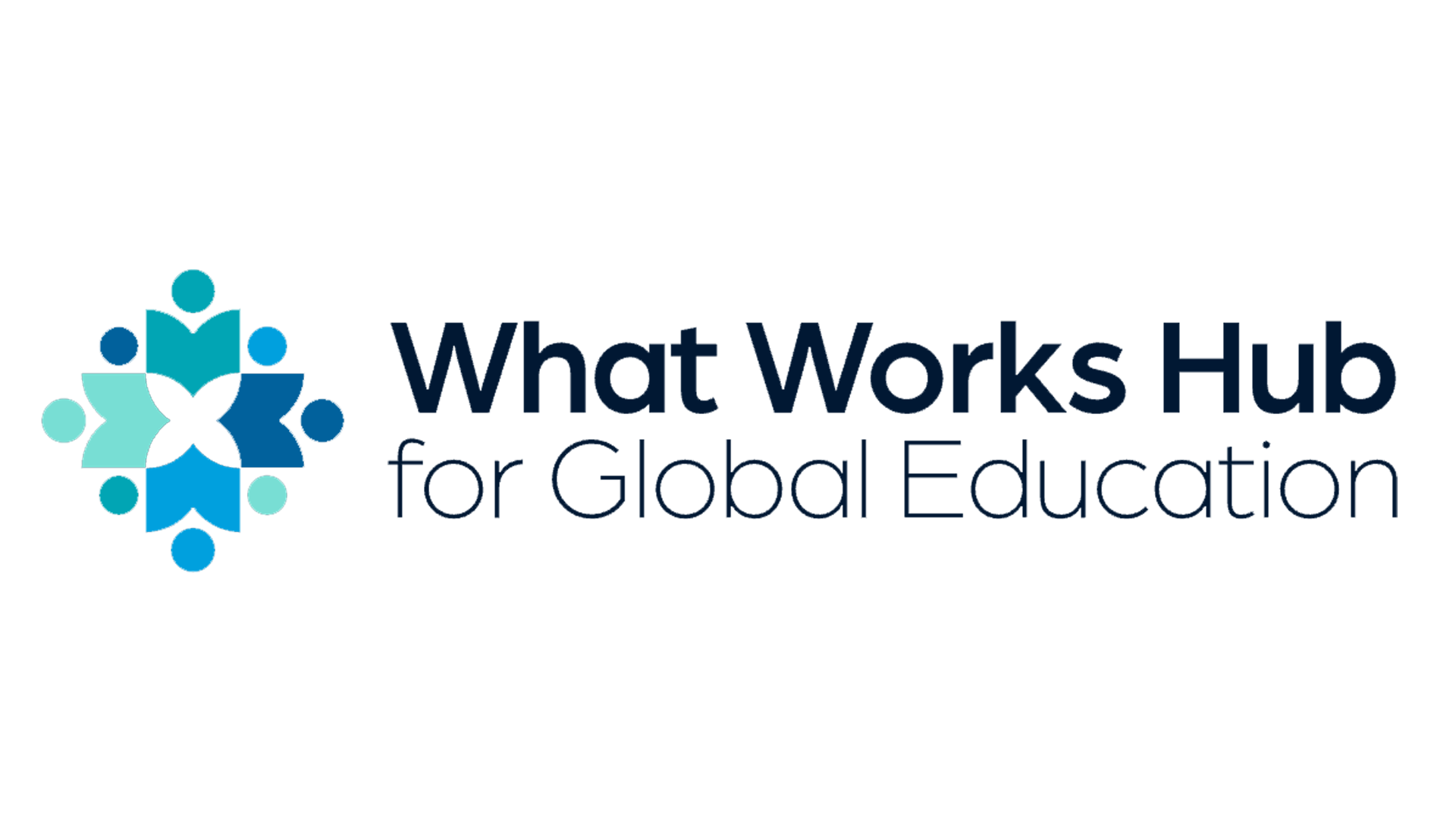
Explore our insights
The learning never stops
We’re committed to finding out what works—and how to make it work even better. From peer-reviewed RCTs, to iterative A/B testing, to learnings from the field, we share our insights to bridge the gap between evidence and action, and to inform policy and global best practice.

- Page 1
Insight note
14 Jan 2026

Iterative A/B testing for social impact: Rigorous, rapid, regular
This piece in SSIR focuses on how organizations can close the gap between measurement and implementation, by using A/B testing.

Insight note
9 Dec 2025

Iterative A/B testing toolkit
A jump-start guide to embedding rigorous, rapid, and regular testing in your organization. Our Iterative A/B Testing Toolkit distills a decade of field experience into practical steps, best practices, and tools to help any team learn faster and scale impact.

Policy brief
21 Nov 2025

12 randomized A/B tests optimizing tutoring for scale
This policy brief synthesizes rapid, rigorous evidence from 12 A/B tests of the remote tutoring program ConnectEd. It highlights actionable insights on cost-effective and scalable program innovations, offering guidance for policymakers and practitioners.
.jpg)
Insight note
18 Nov 2025

Lessons on scaling agency-focused youth programs
This insight note shares lessons on how we have worked to scale agency, based on conversations at The Agency Summit: Expanding Opportunities to Act, Choose, and Thrive, co-hosted by The Agency Fund and New York University.
.jpg)
Paper
20 Oct 2025

Cheaper (and more effective) by the dozen: Evidence from 12 randomised A/B tests optimising tutoring for scale
This working paper presents results from 12 A/B tests of the remote tutoring program ConnectEd. Through iterative experimentation, we deliver rigorous, rapid evidence that identifies cost-reducing and effectiveness-enhancing innovations and ultimately makes the program more scalable.
.jpg)
Policy brief
30 Apr 2025

Designing for responsiveness: What we learned from piloting targeted instruction tools in Nigeria and Botswana
Youth Impact and TaRL Africa jointly explore how practical, classroom-based tools could support teachers in adapting instruction more responsively.
_JPG.jpg)
Research brief
10 Mar 2025

2024 Education Compass: The state of student learning in Botswana
This representative study of foundational skills in Botswana found that just 11 percent of standard 4 students met grade-level expectations, with substantial disparities across groups.

Policy brief
1 Feb 2025

Building resilience in education systems
Youth Impact partnered with Innovations for Poverty Action (IPA) Philippines and the Philippines Department of Education to pilot using mobile phones to support distance learning. We highlight key lessons for implementers and policymakers to consider for education in emergency settings.

Research brief
10 Jan 2025

Teaching at the Right Level: Is seeing believing?
Teachers who believe in their own capabilities and that of their students can be more effective teachers. We present descriptive findings that seeing is believing: teacher beliefs are malleable.

Policy brief
22 Oct 2024

A/B testing in education: rapid experimentation to optimise programme cost-effectiveness
We illustrate the benefits of A/B testing in the context of education programming in low- and middle-income countries, grounded in Youth Impact’s experience implementing A/B testing over the last seven years.

- Page 1
